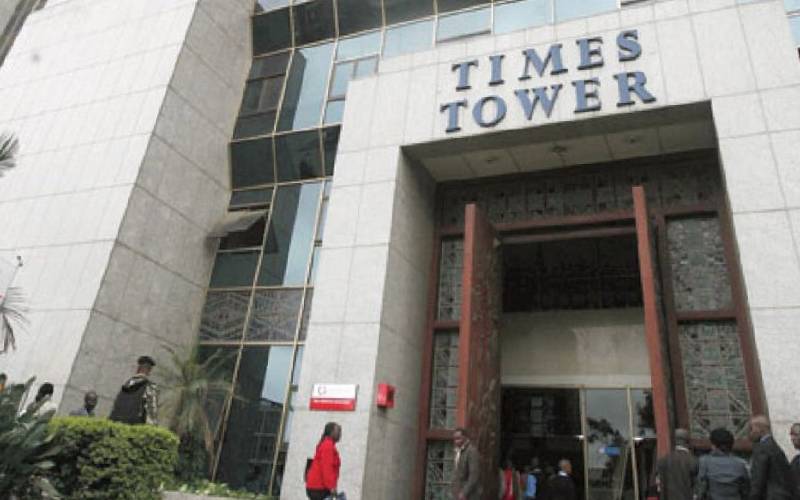×
The Standard e-Paper
Join Thousands Daily

KRA failed to score even after the National Treasury shifted goalposts twice during 2018/19 financial year.
The taxman missed its target by Sh250 billion, collecting Sh1.44 trillion against its original target of Sh1.69 trillion, according to the latest Treasury statement on revenues and expenditures published in the Kenya Gazette.